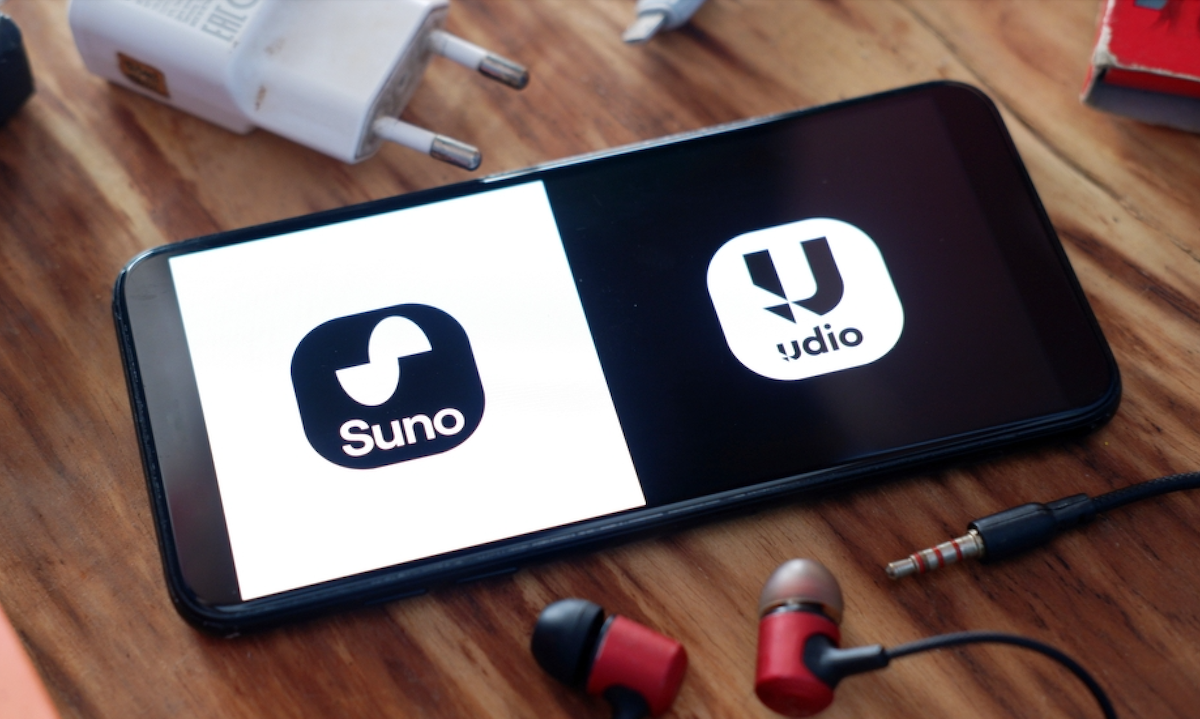
Major record labels are reportedly engaged in discussions with artificial intelligence (AI) music startups Suno and Udio to create licensing agreements that would allow these companies to legally use copyrighted songs to train their generative audio models.
Suno and Udio have emerged as prominent players in the rapidly evolving landscape of AI-generated music. Their platforms use advanced AI techniques to compose music, replicate instrumental sounds, and generate vocals that often mimic the styles of well-known artists. As these technologies expand their capabilities and public reach, concerns from the music industry have grown over the use of copyrighted material to fuel these innovations.
According to sources familiar with the negotiations, the ongoing talks center on establishing frameworks that would allow the AI companies to access the catalogs of major music labels—under agreed-upon licensing terms—for training purposes. This approach aims to strike a balance between protecting intellectual property rights and enabling innovation in music technology.
The negotiations come at a critical time when the music industry is navigating the implications of generative AI on artist rights, copyright laws, and revenue streams. Unlicensed use of copyrighted music by AI companies has already sparked legal challenges and ethical debates. By pursuing licensing arrangements, Suno and Udio appear to be taking a more cooperative approach that could serve as a precedent in the AI music space.
If finalized, these agreements could provide a new revenue channel for record labels and offer legitimacy to AI-generated music tools, potentially giving the labels greater oversight and influence over how their content is used and replicated. For the AI startups, such deals could expand the diversity and quality of music data used in training their models, ultimately enhancing the sophistication of their output.
The discussions underscore the broader shift toward legal reconciliation between traditional media owners and emerging AI developers, as industries seek to adapt to the transformative power of machine learning and generative technologies in areas such as art, writing, and audio production.
More details are expected to emerge as talks progress, but if successful, this could mark a significant moment in aligning generative AI innovation with established intellectual property frameworks in the music industry.
Source: https:// – Courtesy of the original publisher.








